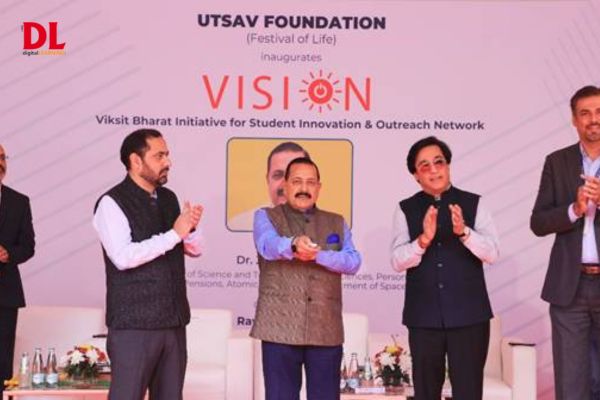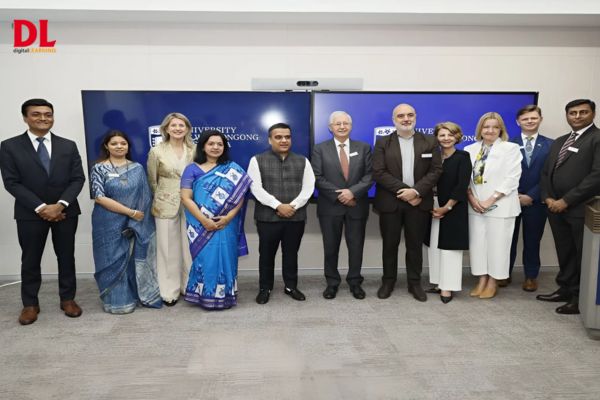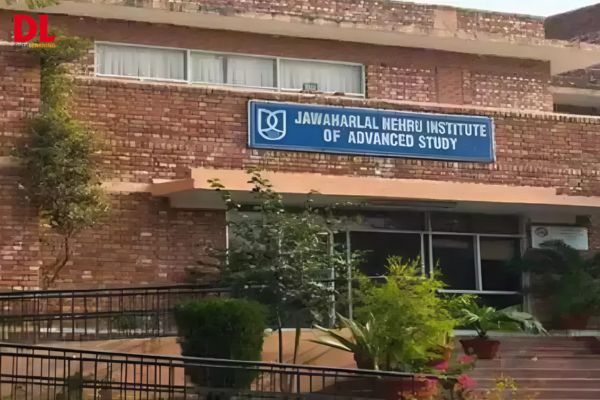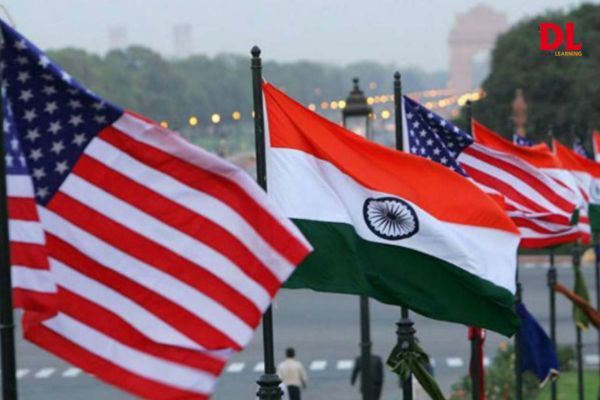Union Minister Dr. Jitendra Singh launched the “Viksit Bharat Initiative for Student Innovation and Outreach Network” (VISION) today. The initiative aims to foster education, skill development, and innovation among underprivileged children across India. It focuses on providing equitable opportunities for youth, particularly in remote areas, to access mentorship, training, and resources that could help them build entrepreneurial skills.
During the inauguration, Dr Singh emphasised the importance of reaching out to underprivileged youth to democratise access to startup skills, thereby enabling them to participate in India’s thriving startup ecosystem actively. He stressed that initiatives like VISION can play a vital role in ensuring that even the most disadvantaged students have a chance to connect with the rapidly growing entrepreneurial opportunities across the country.
“VISION will act as a bridge for underprivileged children, allowing them to witness and learn about the startup world, regardless of their location,” said Dr Singh. “This platform represents a broader vision of making the startup ecosystem accessible to all, ensuring that no one is left behind.”
Reflecting on India’s progress in the startup sector, the Minister highlighted the country’s transformation from having just 350-400 startups in 2014 to over 1.67 lakh today, making India the third-largest startup ecosystem globally. Dr Singh credited this growth to the enabling environment created under Prime Minister Narendra Modi’s leadership, especially through the introduction of the Startup India policy.
The Minister also showcased success stories from various regions, such as the lavender farming startups in Jammu and Kashmir, which have revitalized the local economy, created jobs, and spurred innovation. “Startups can thrive in diverse fields such as agriculture, space, and biotechnology, not just in IT, as long as they are equipped with the right resources and mentorship,” he noted.
Dr. Jitendra Singh also discussed the pivotal role of biotechnology in shaping India’s future, both economically and environmentally. He highlighted the recent introduction of the Bio-E3 policy, which focuses on leveraging biotechnology for sustainable economic development and job creation. The Minister predicted that the next industrial revolution would be driven by the bio-economy, much like the IT revolution that transformed India in the 1990s.
India’s growing biotech sector, now home to nearly 9,000 startups, has seen tremendous growth since 2014, driven by advancements in DNA vaccines and biotechnology research. Dr Singh emphasized that the Bio-E3 policy will position India as a global leader in biotechnology while contributing to sustainable development.
Another key point made by the Minister was the role of technology in bridging gaps between urban and rural India. He cited the success stories of students from remote areas who have cracked competitive exams such as the IITs and Civil Services with just a smartphone, demonstrating the power of technology in overcoming barriers to education.
Dr. Jitendra Singh further underlined the importance of public-private partnerships and early industry linkages in ensuring the sustainability of startups. He shared the example of India’s first private rocket manufacturing startup, which has established a unit in Hyderabad, showcasing the potential for innovation across industries.
The Minister also praised the flexibility offered by the National Education Policy (NEP) 2020, which allows students to explore interdisciplinary subjects and pursue non-traditional career paths. He noted that this freedom could foster greater innovation and open up new avenues for India’s youth.`
Also Read: BSE Announces Dates for Class 10 and 12 Board Examinations Starting February 15/2025
Concluding his speech, Dr Singh expressed optimism about India’s future as a global hub for innovation and entrepreneurship. He emphasized that initiatives like VISION are crucial to realizing the nation’s aspirations for 2047, a vision that aims to position India as a global leader in technology, education, and economic growth.
“VISION will add new dimensions to the ‘Vision India 2047,’ and I am confident it will inspire many more such initiatives,” Dr.Drngh concluded, praising the efforts of the organizers in launching the platform.



























